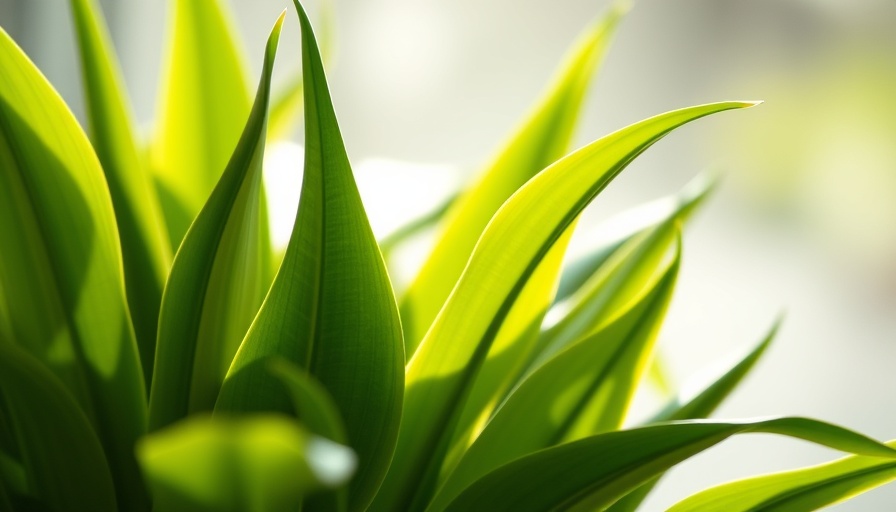
Discover the Benefits of Growing Digestive Aid Tea Plants
As many Long Island homeowners are becoming more aware of the holistic approach to health, cultivating a tea garden has emerged as a popular, beneficial passion. Focusing on digestive health, this garden involves selecting herbs that not only flavor your teas but also promote well-being through natural remedies. Here are some essential plants you should consider growing in your tea garden for a healthier lifestyle.
Why Herbal Tea Gardens Matter
Creating a tea garden centered around digestive health fosters a deep connection with nature, while providing you with daily herbal remedies. Walking through the garden becomes more than a chore; it’s an opportunity for mindfulness. This intentionality improves your relationship with food and encourages a more health-conscious lifestyle.
Key Digestive Aid Herbs to Grow
1. Calendula: This vibrant flower enhances gut health by soothing inflammation and aiding digestion. Brew it with mint for a refreshing blend.
2. Chamomile: With its calming aroma, chamomile tea helps reduce both mental tension and digestive issues. This is a must-have for unwinding after a busy day.
3. Fennel: Not just a flavorful addition, fennel seeds can combat gas and bloating, making it perfect after heavy meals.
4. Lemon Balm: This cheerful herb is not only fragrant but also effective for easing indigestion, especially during stressful times. Its uplifting scent brightens homemade teas.
5. Ginger: Grown easily in pots, ginger is renowned for its digestive properties, helping with nausea and easing bloating.
6. Peppermint: Known for its invigorating flavor, peppermint relaxes the digestive muscles and alleviates discomfort.
7. Licorice Root: A sweet addition that can soothe sore throats and digestive tract issues when brewed as tea.
Practical Tips for Tending Your Tea Garden
Ensure optimal growth by placing your garden in areas with plenty of sunlight and using rich, organic soil. Regularly check for pests and diseases, as maintaining plant health is crucial. Moreover, each herbal tea can be a unique expression of your gardening efforts, providing comfort and wellness.
Conclusion: Start Your Own Digestive Health Journey
By incorporating these herbs into your tea garden, you enrich not just your daily intake but your lifestyle. Each cup of self-grown herbal tea is a step toward improved digestion and overall health. Ready to get started? Transform your outdoor space with these digestively supportive plants today!
 Add Row
Add Row  Add
Add 




Write A Comment